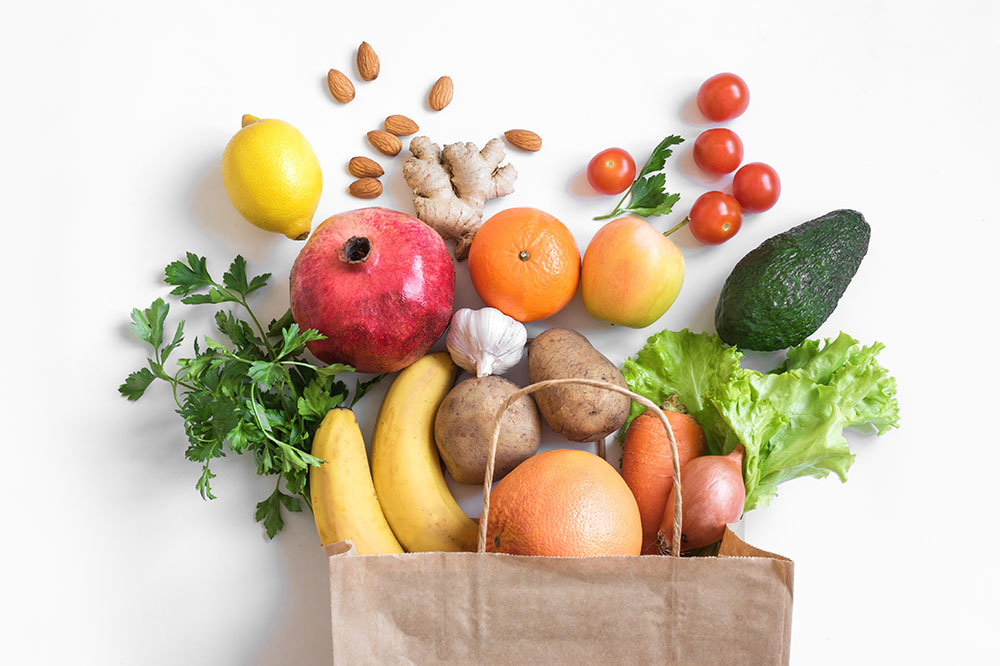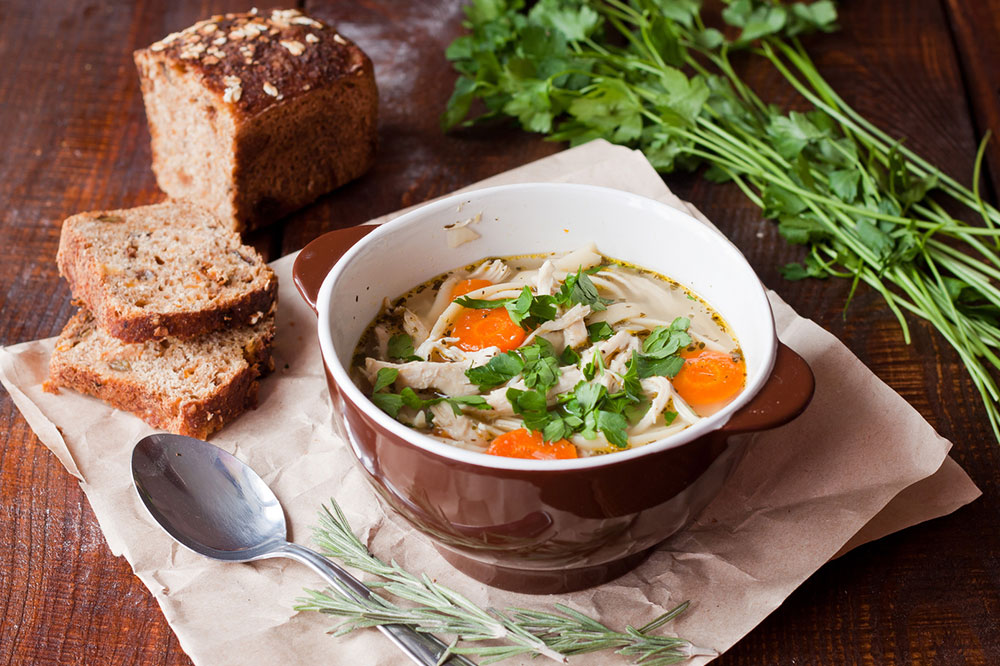Essential Nutrients to Naturally Support Nasal Polyp Relief and Management
This comprehensive guide explores six key nutrients and foods that support nasal polyp management naturally. Incorporating anti-inflammatory, immune-boosting, and mucus-relieving foods like oily fish, berries, kale, honey, and spicy peppers can complement medical treatments. Proper hydration and nasal hygiene are also emphasized for effective relief. Learn how targeted nutrition can promote better sinus health, reduce inflammation, and potentially prevent the recurrence of nasal polyps. A holistic approach combining diet, lifestyle, and medical advice offers the best chances for improved breathing and sinus comfort.

Essential Nutrients to Naturally Support Nasal Polyp Relief and Management
Nasal polyps are benign growths that form within the sinus linings, often leading to breathing difficulties, nasal congestion, and ongoing sinus inflammation. These growths are typically linked to chronic sinusitis, allergies, or long-term inflammation. While medical treatments such as medications and surgical interventions are common, optimizing your diet with specific nutrients can play a crucial role in managing symptoms, reducing inflammation, and promoting overall sinus health.
Understanding how nutrition influences sinus health and nasal polyps can empower individuals to take proactive steps toward easing their discomfort. By incorporating key foods known for their anti-inflammatory, immune-boosting, and mucus-clearing properties, you can support your body's natural healing processes and potentially reduce the size or recurrence of polyps.
Below is an in-depth guide to six powerful nutrients and food choices that can support nasal polyp management, alongside lifestyle tips that synergize with medical care to improve sinus health.
Warm Liquids and Hydration
Consuming warm liquids such as herbal teas, broths, and warm water with lemon helps to thin mucus secretions within the nasal passages. Thick mucus can trap allergens, irritants, and bacteria, exacerbating inflammation and promoting polyp growth. Staying well-hydrated promotes better sinus drainage and reduces congestion, making it easier to breathe and recover. Warm fluids also soothe irritated tissues inside the nose, providing immediate comfort and aiding in the healing process.
Oily Fish Rich in Omega-3 Fatty Acids
Fatty fish like wild-caught salmon, tuna, mackerel, and sardines are excellent sources of omega-3 fatty acids. These essential fats are renowned for their potent anti-inflammatory effects, which can help reduce the swelling of sinus tissues and prevent further growth of nasal polyps. Regular inclusion of omega-3-rich foods in your diet supports immune function and may help mitigate allergic reactions that contribute to polyp formation.
For optimal benefits, aim to include oily fish in your meals at least two to three times per week. Alternatively, high-quality omega-3 supplements derived from fish oil can be used under medical guidance.
Golden Honey with Antimicrobial and Anti-inflammatory Properties
Pure, raw honey, often called "golden honey," possesses natural antimicrobial and anti-inflammatory qualities. It helps combat infections that can complicate sinus conditions and soothe inflamed tissues within the nasal passages. Honey's viscous nature also aids in loosening mucus, promoting better drainage. Consuming a teaspoon of honey daily or adding it to warm teas can provide these benefits. For individuals with allergies to bees or honey, consult a healthcare provider before regular use.
Assorted Berries Rich in Antioxidants and Vitamins
Berries—including blueberries, raspberries, strawberries, and cranberries—are packed with antioxidants, vitamin C, and phytochemicals. These nutrients help neutralize free radicals that damage cells and tissues, reducing oxidative stress within the sinus membranes. A strong immune system is critical in preventing infections and controlling inflammation, both of which are factors in nasal polyp development. Incorporate berries into breakfast cereals, smoothies, or as snacks for ongoing sinus support.
Leafy Greens Such as Kale for Immune Support
Dark, leafy greens like kale, spinach, and Swiss chard are excellent sources of antioxidants, vitamin C, and other phytochemicals that bolster immune defenses. Kale, in particular, contains compounds that help combat oxidative stress and cellular damage triggered by chronic inflammation. Consuming leafy greens regularly—whether in salads, soups, or smoothies—can enhance your body's resilience against factors that contribute to nasal polyps.
Spicy Peppers Like Cayenne for Decongestion and Anti-inflammatory Effects
Spicy foods, notably cayenne peppers, contain capsaicin—a compound known for its ability to reduce nasal inflammation. Capsaicin works by temporarily disabling pain and inflammation signals, leading to decreased swelling and improved airflow through the nasal passages. Including spicy peppers in your meals can help clear congestion and promote easier breathing. Other spicy options such as jalapenos, habaneros, and spicy sauces also contribute similar benefits.
However, individuals with sensitive stomachs or gastrointestinal issues should consume spicy foods in moderation. Combining spicy foods with other anti-inflammatory nutrients creates a well-rounded approach to managing nasal polyps naturally.
In addition to these dietary strategies, maintaining good nasal hygiene, avoiding allergens, and managing underlying health conditions are crucial in controlling nasal polyps. Consulting with ENT specialists or allergists can help develop a comprehensive treatment plan that combines medical intervention with lifestyle modifications and nutrition.
Overall, while nasal polyps can be persistent and bothersome, empowering yourself with knowledge about optimal nutrition and lifestyle habits can significantly improve your sinus health and quality of life.





